
The New York City Council and the New York State Legislature have recently passed legislation subjecting cooperatives and condominiums to new compliance and reporting requirements. Although these requirements do not go into effect until 2018, cooperative and condominium boards and their managing agents should be aware of them. Smoking On August 28th Mayor De Blasio signed into law a number of bills passed by the City Council amending the New York City Administrative Code to further regulate and discourage smoking. The use of electronic cigarettes, which many had assumed was already subject to the same “smoking” restrictions as tobacco products,… Read more
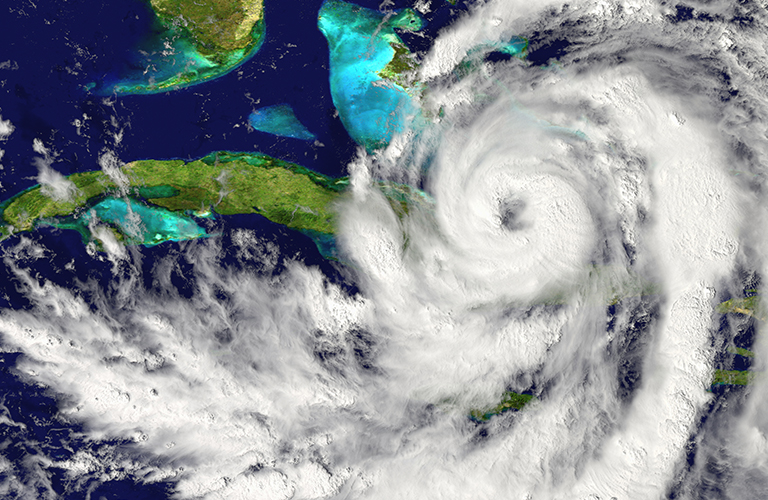
The IRS has announced that 401(k) and similar retirement plans may make hardship and loan distributions to victims of Hurricane Irma and members of their family who live and work in the disaster areas noted by FEMA as areas designated for individual assistance, which currently include the U.S. Virgin Islands, Puerto Rico and certain counties in Florida. (See list of counties designated for individual assistance at https://fema.gov/disasters) In addition, the IRS has relaxed the procedural and administrative rules that normally apply to such distributions. Hardship distributions must be made on account of a hardship resulting from Hurricane Irma and be… Read more

During your preparations for the oncoming Hurricane Irma, you may be trying to decide whether to leave some employees in place at your facility, or to evacuate the entire workforce. The question may be asked, what does the law require? Like so many other questions during an emergency, the answer likely is: “good judgment.” There are no specific OSHA regulations requiring for employees to stay or evacuate during a hurricane. OSHA does, however, require that employers provide a safe workplace and working environment for employees. During a hurricane, that may mean evacuating employees from the facility in order to keep… Read more
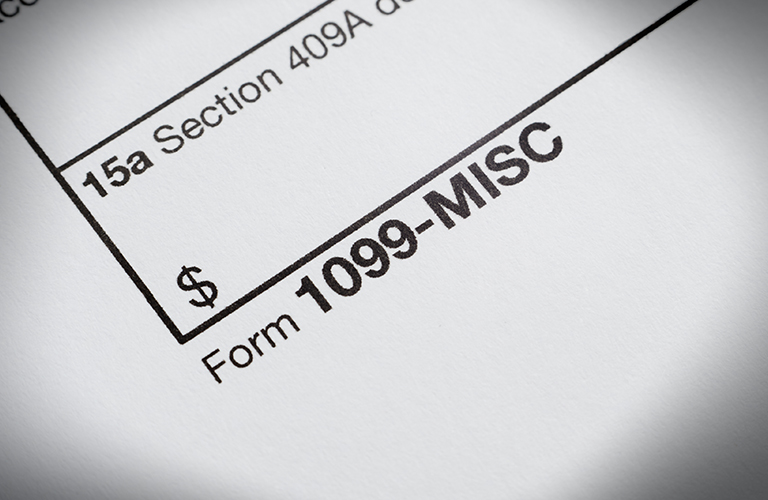
On August 11, 2017, North Carolina Governor Roy Cooper signed into law the North Carolina Employee Fair Classification Act (the “Act”). Effective on December 31, 2017, the Act creates the Employee Classification Section of the North Carolina Industrial Commission. The Employee Classification Section will receive and investigate reports by employees alleging misclassification as independent contractors and share information with other state agencies as well as federal agencies such as the Wage and Hour Division of the United States Department of Labor. The Act does not change the definitions of an “employer” or “employee” under any existing North Carolina law; but,… Read more
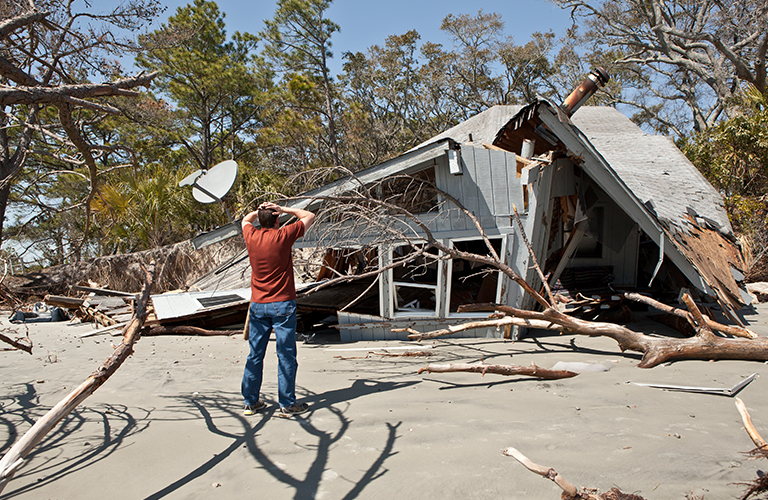
The IRS has announced that 401(k) and similar retirement plans may make hardship and loan distributions to victims of Hurricane Harvey and members of their family who live and work in the disaster areas noted by FEMA as areas designated for individual assistance. In addition, the IRS has relaxed the procedural and administrative rules that normally apply to such distributions. Hardship distributions must be made on account of a hardship resulting from Hurricane Harvey and be made no later than January 31, 2018. Employers interested in offering this assistance can contact their ERISA counsel or provider to determine if an… Read more

The Department of Labor (“DOL”) announced that it officially proposed delaying the effective date of the portions of its new fiduciary rule (the “Rule”) to give it more time to consider possible changes to the Rule. As background, on April 8, 2016, the DOL published a final rule greatly expanding the definition of a “fiduciary” under the Employee Retirement Income Security Act of 1974 (“ERISA”). Among other changes, this new definition extends fiduciary liability under ERISA to investment advisers of individual retirement accounts (“IRAs”). The Rule also requires advisers to adhere to a best interest standard when making investment recommendations,… Read more

In 2016, the Equal Employment Opportunity Commission (“EEOC”) announced that the EEO-1 Report would now require covered employers to provide wage and hour information, in addition to demographic information, for employees. Employers will choose one pay period to count employees by job category, sex, race or ethnicity. The new report must contain each employee’s annual earnings as reflected in box 1 of their Form W-2, as well as the total number of hours worked throughout the year. The EEO-1 Report must be filed electronically. Because the new data from 2017 must be collected and reported, the EEO-1 Report must be… Read more
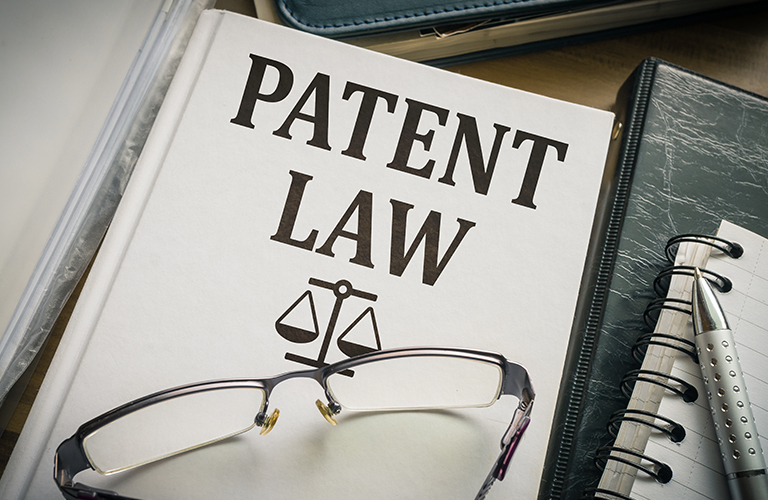
Recent decisions by the Patent Trial and Appeal Board (PTAB) have given state entities a green light to use sovereign immunity as a defense in Inter Parties Review (IPR) proceedings in certain scenarios. The first decision from the PTAB, which came earlier this year, resulted in three IPR petitions filed by Covidien LP being dismissed before institution based on sovereign immunity of the patent holder University of Florida Research Foundation Inc. (UFRF) (IPR2016-01274, -01275, and -01276). The PTAB first found that sovereign immunity was available as a defense to IPRs. The Board then concluded that, because UFRF was an arm… Read more

The 2016/2017 Term of the Court of Appeals ended “not with a bang but a whimper” — that is to say, without any “blockbuster” rulings. The decisions of the last several months ran the gamut of civil litigation claims — from promissory estoppel; the damage element of a fraudulent inducement claim; New York jurisdiction to resolve a dispute over an oral agreement made in Spain; whether or not a claim under a liability policy covered “an additional insured”; to the validity of DMV regulations with respect to the restoration of privileges to recidivist drunk drivers. In criminal proceedings, the Court… Read more
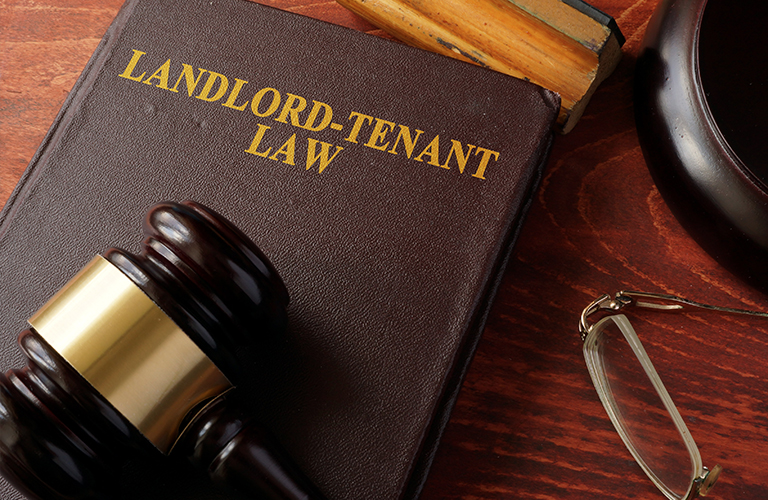
Over the last several years litigation relating to bed bugs has resulted in many decisions by our Courts. The proceedings raised issues relating, among others, to the warranty of habitability; causal connections; duty to mitigate and remediate; abatement of rent; right of access; cost sharing and shifting; proof of injury; and the scope of legally-cognizable damages. A few examples follow: Davila v. Sleepy’s, LLC, 2016 NY Slip Op 06112 (App. Div. 1st Dept. September 22, 2016) The Appellate Division, as follows, summarily affirmed dismissal of the complaint: Plaintiffs, who are members of the same family, allege that they sustained bed-bug… Read more











